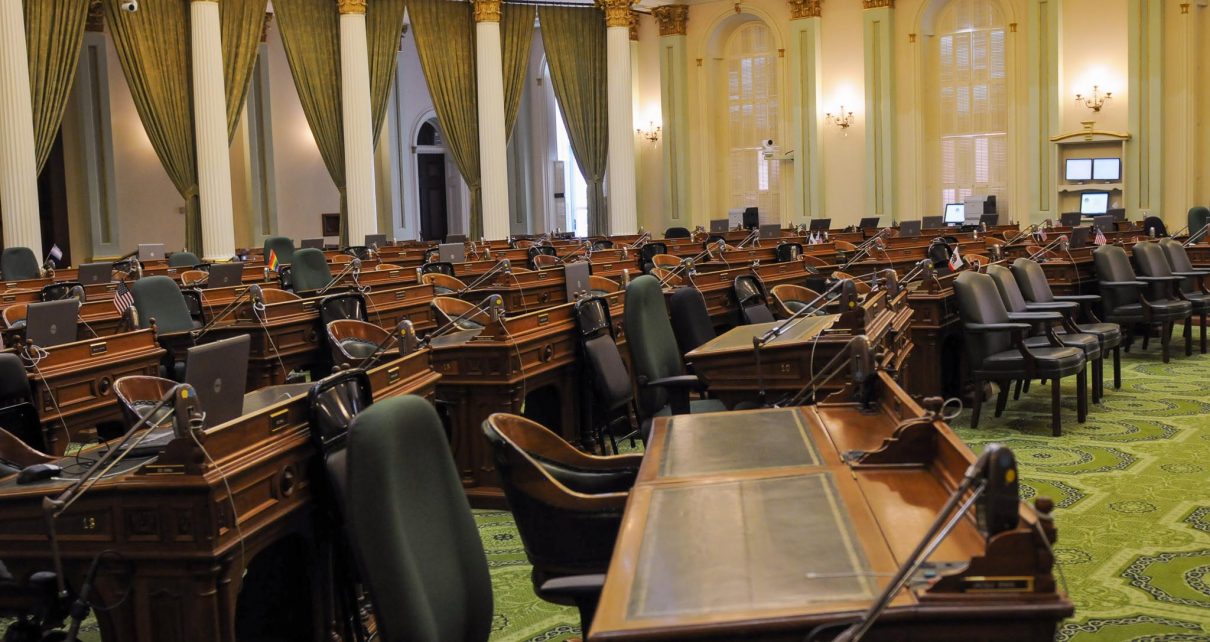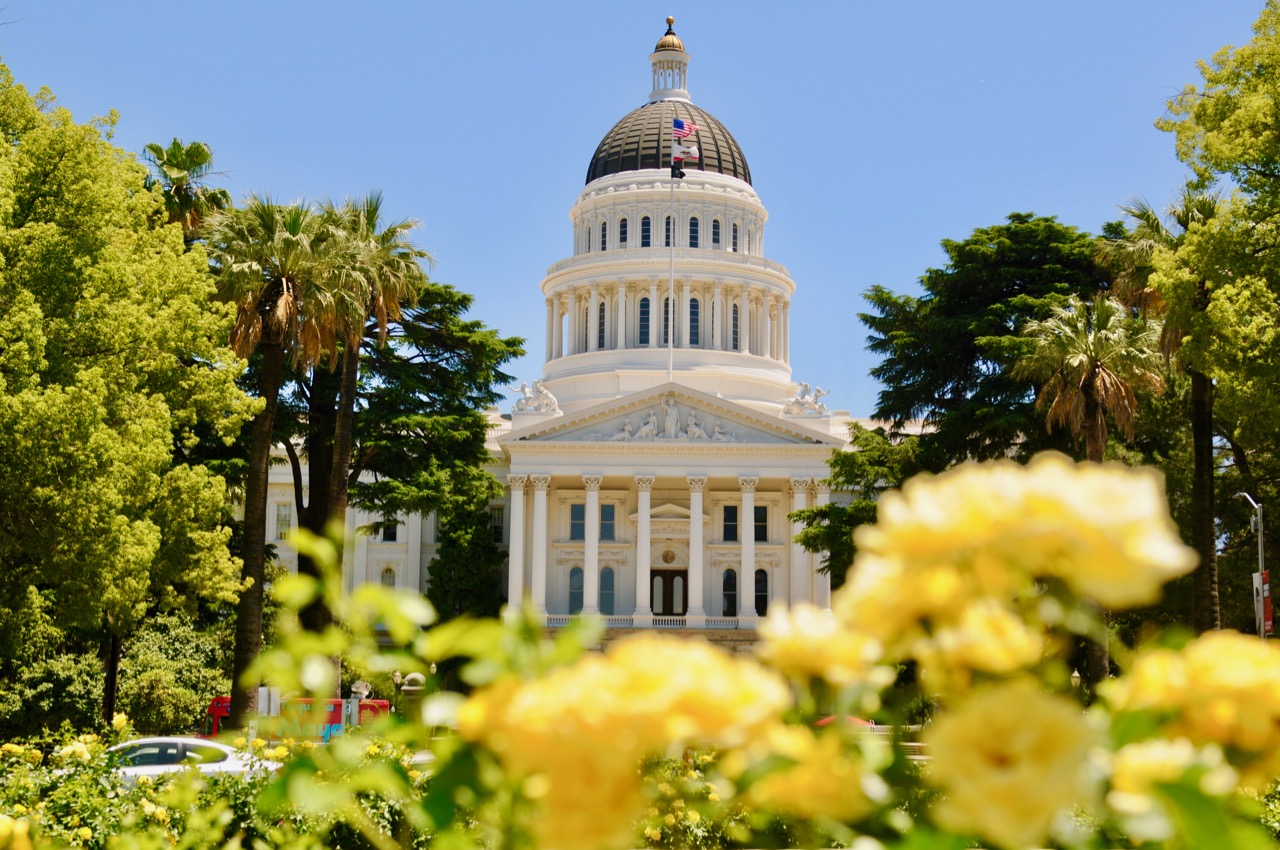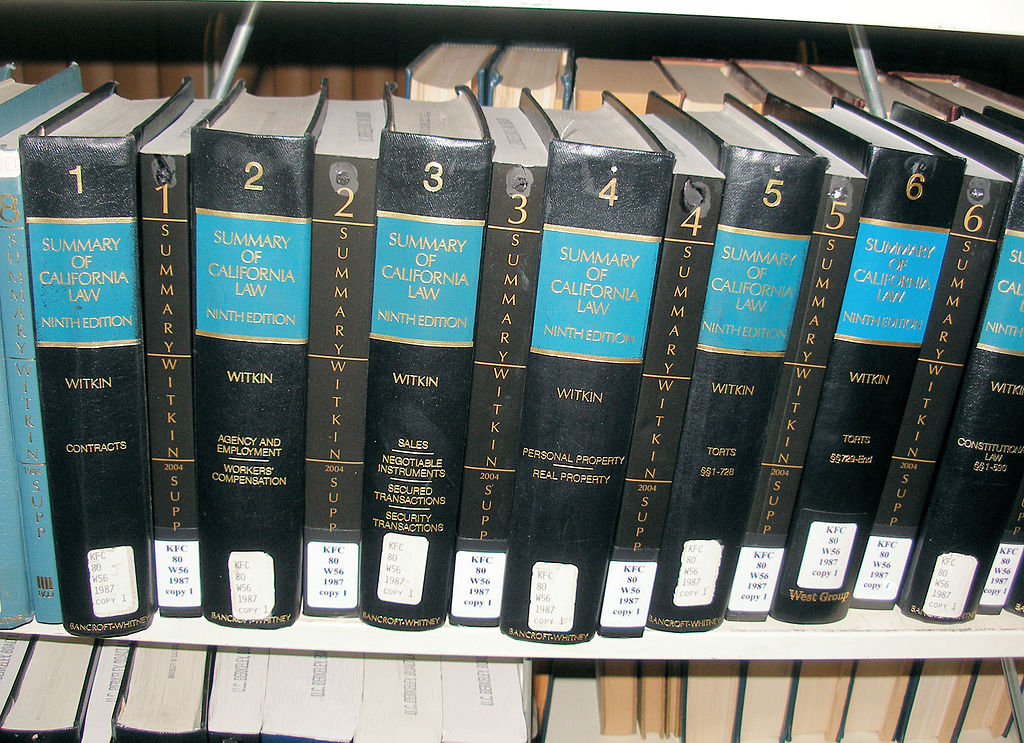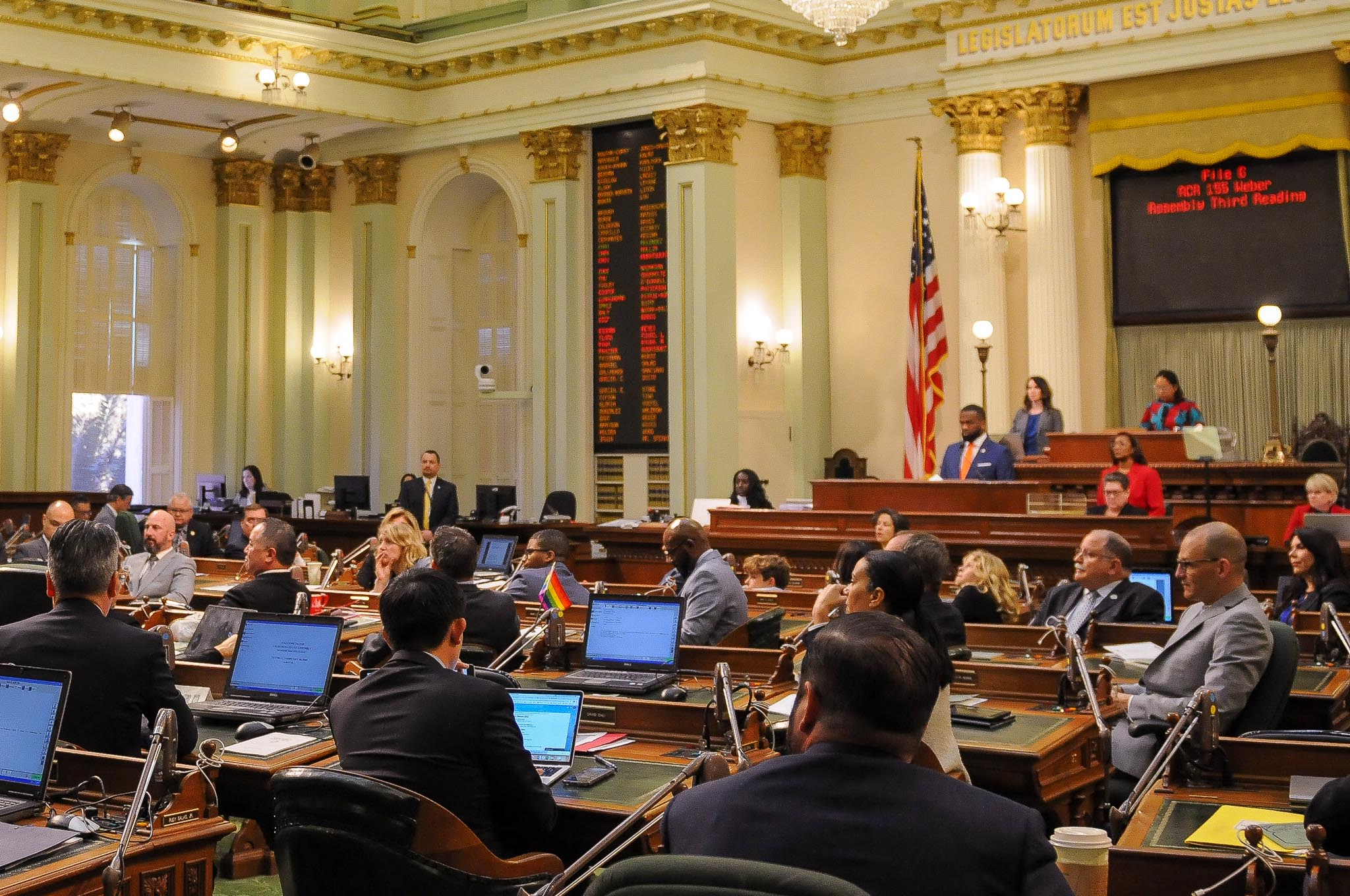
California State Assembly. (Photo: Kevin Sanders for California Globe)
California’s Family Law Facilitator Act
There is a compelling state interest in having a speedy, conflict-reducing system
By Chris Micheli, July 10, 2022 8:33 am
California has a number of formal acts in statute. Family Code Division 14 provides the Family Law Facilitator Act, which is contained in Section 10000 to 10015. Division 14 was added in 1996 by Chapter 957. Section 10000 names the Act.
Section 10001 provides five legislative findings and declarations, including that child and spousal support are serious legal obligations. There is a compelling state interest in having a speedy, conflict-reducing system for resolving issues of child support, spousal support, and health insurance that is cost-effective and accessible to families that cannot afford legal representation.
In addition, it is the intent of the Legislature to make the services provided in the family law pilot projects in the Counties of Santa Clara and San Mateo available to unrepresented parties in the superior courts of all California counties.
Section 10002 requires each superior court to maintain an office of the family law facilitator. The office of the family law facilitator must be staffed by an attorney licensed to practice law in this state who has mediation or litigation experience, or both, in the field of family law. The family law facilitator must be appointed by the superior court.
Section 10003 requires this division to apply to all actions or proceedings for temporary or permanent child support, spousal support, health insurance, child custody, or visitation in a proceeding for dissolution of marriage, nullity of marriage, legal separation, or exclusive child custody.
Section 10004 requires services provided by the family law facilitator to include, but are not limited to, the following: providing educational materials to parents concerning the process of establishing parentage and establishing, modifying, and enforcing child support and spousal support in the courts; distributing necessary court forms and voluntary declarations of paternity; providing assistance in completing forms; preparing support schedules based upon statutory guidelines; and providing referrals to the local child support agency, family court services, and other community agencies and resources that provide services for parents and children. In counties where a family law information center exists, the family law facilitator must provide assistance on child support issues.
Section 10005 allows, by local rule, the superior court to designate additional duties of the family law facilitator. Section 10006 requires the court to adopt a protocol for all litigants, both unrepresented by counsel and represented by counsel, to have ultimate access to a hearing before the court. Section 10007 requires the court to provide the family law facilitator at no cost to the parties.
Section 10008 provides that nothing in this chapter is to be construed to apply to a child for whom services are provided or required to be provided by a local child support agency. Section 10010 requires the Judicial Council to adopt minimum standards for the office of the family law facilitator and any forms or rules of court that are necessary to implement this division.
Section 10011 requires the Director of the State Department of Social Services to seek approval from the United States Department of Health and Human Services, Office of Child Support Enforcement, to utilize funding under Title IV-D of the Social Security Act for the services provided pursuant to this division.
Section 10012 provides that, in a proceeding in which mediation is required, where there has been a history of domestic violence between the parties or where a protective order, at the request of the party alleging domestic violence in a written declaration under penalty of perjury or protected by the order, the family law facilitator must meet with the parties separately and at separate times.
Section 10013 prohibits the family law facilitatory from representing any party. No attorney-client relationship is created between a party and the family law facilitator as a result of any information or services provided to the party by the family law facilitator.
Section 10014 provides that a person employed by, or directly supervised by, the family law facilitator cannot make any public comment about a pending or impending proceeding in the court.
Section 10015 requires the Judicial Council to create any necessary forms to advise the parties of the types of services provided, that there is no attorney-client relationship, that the family law facilitator is not responsible for the outcome of any case, that the family law facilitator does not represent any party and will not appear in court on the party’s behalf, and that the other party may also be receiving information and services from the family law facilitator.
- Insignia of Nonprofit Associations - February 19, 2026
- Endangered Species Regulation - February 19, 2026
- Renewal of Judgments - February 18, 2026





By the way, the annual 2021 taxpayer funded salary/benefits package for San Mateo’s County’s Director of Child Support Services – Kim Cagno – came it a phat $396,519.36 in total compensation. The latest available (2013) numbers on Ralph Miller – same position at Santa Clara County – were $265,000. I’m sure Mr. Miller ‘s comp package is well north of $400,000 by now. So keep those figures in mind while you reread the shoveling of smoke in this piece.
So as we can easily see, there is most certainly a “compelling state interest in having a speedy, conflict-reducing system for resolving issues of child support, spousal support, and health insurance” and it darn sure doesn’t have ANYTHING to do with the myth known as the “best interest of the child”.
In fiscal year 2019/20 alone, California’s DCSS received $779 million real, whole federal dollars via Form 1040 from saps all across the country. Of those federal funds, about $50 million was earmarked for some shell game known as “DCSS’s child support automation services”.
Where it gets REALLY ugly is in knowing that not one dime of those federal funds ever makes it’s way into the lives of children of divorce or impoverish kids, absolutely negatory! Instead, those funds go into propping up the salaries, benefits, paid-time-off and egregious pensions of those employed by – or retired from – California’s child support enforcement industry, a party to which is obviously, this writer.
In the United States divorce and custody account for over half of all civil litigation, constituting the cash cow of the judiciary and bringing employment and earnings to a host of public and private officials – “facilitators”, judges, lawyers, psychotherapists, mediators, counselors, social workers, child support enforcement agents, and many, many others. In US divorce/custody matters – involving minor children – mother’s continue to be awarded Primary Physical Custody – the cornerstone in the setting of child support amounts to be awarded – in over 90 percent of cases.
Below, some of the annual compensation packages for 2019, of these California “officials” who don’t give one rats behind about children of divorce or impoverished kids:
* Phyllis Nance – Dir. Child Services, Alameda County: $294,257
* Baljit Atwal – Dir. Child Support Services, Stanislaus County: $232,590
* Janet Nottley – Dir. Child Support Services, Napa County: $274,802
* Steven Eldred – Dir. Child Support Services, Orange County: $330,948
* Sharon Wardale-Trejo – Dir. Child Support Services, Merced County: $268,393
Not to be outdone, Bobby Cagle – the Director of LA County’s DCFS – knocked back $442,883 in total compensation in tax year 2019.